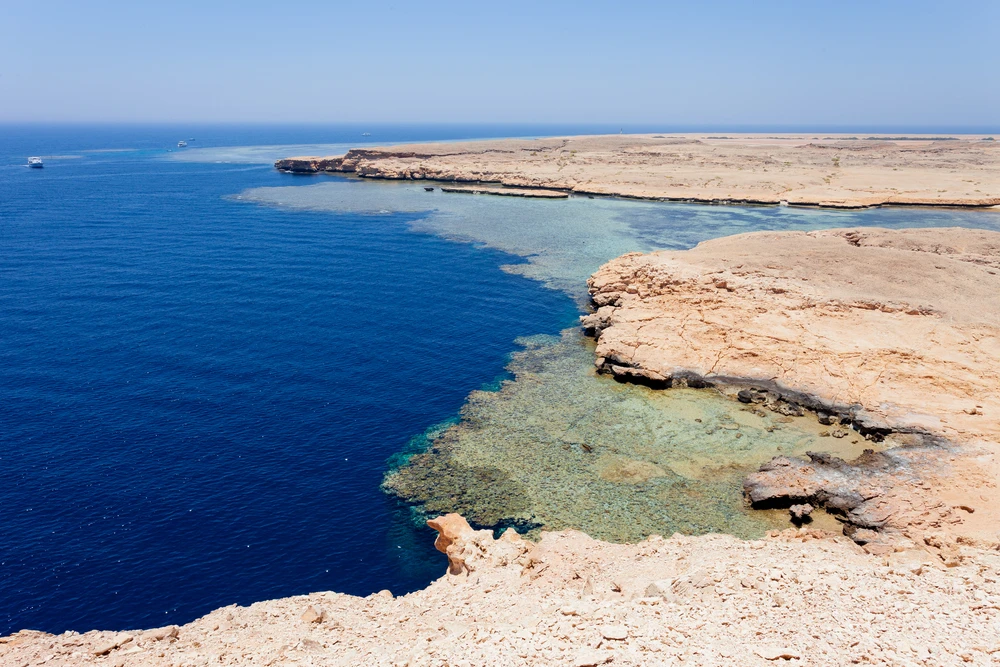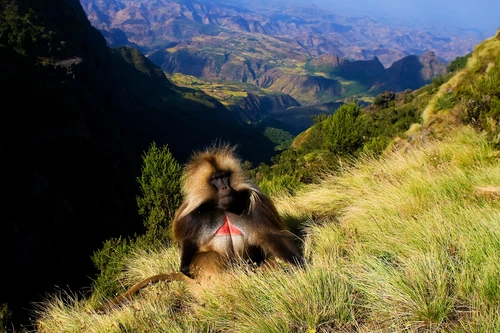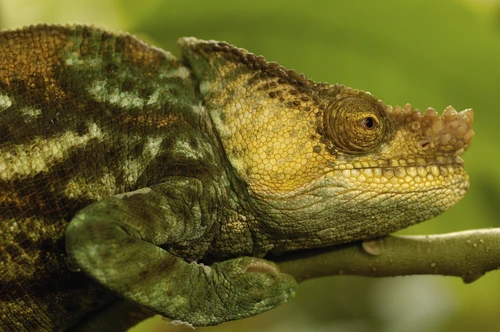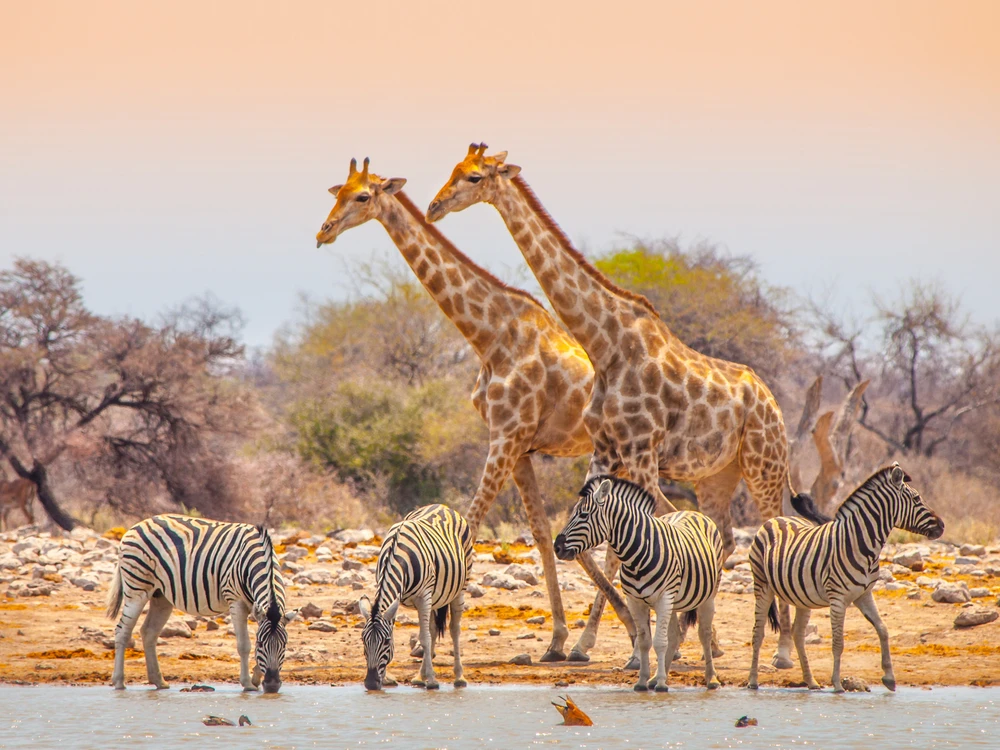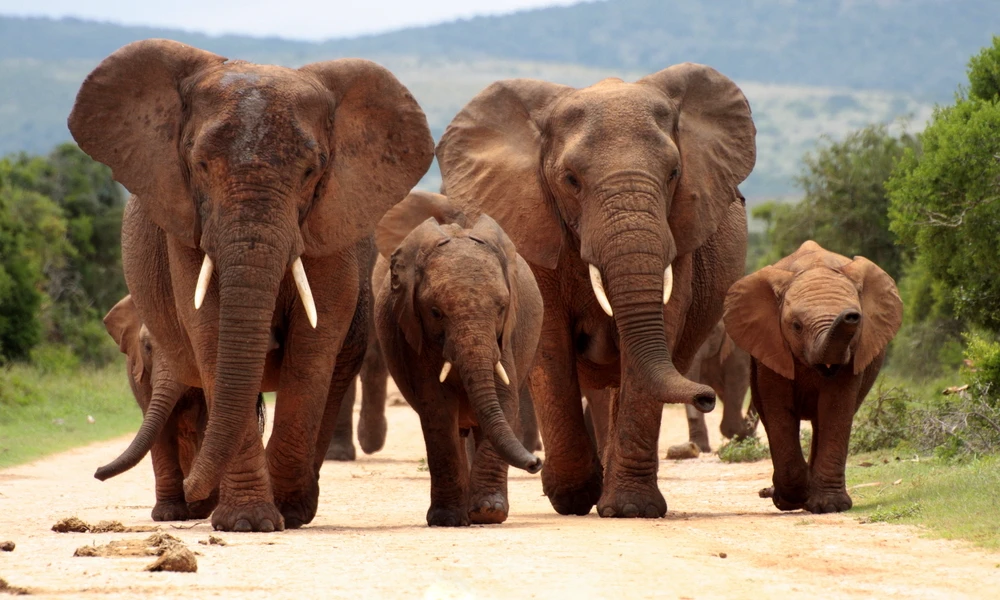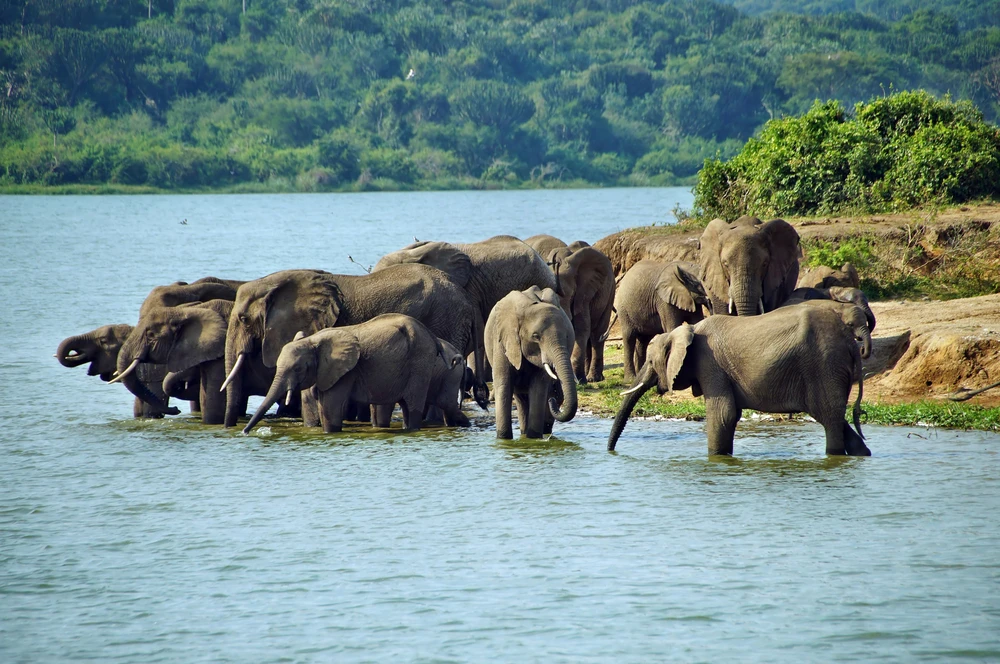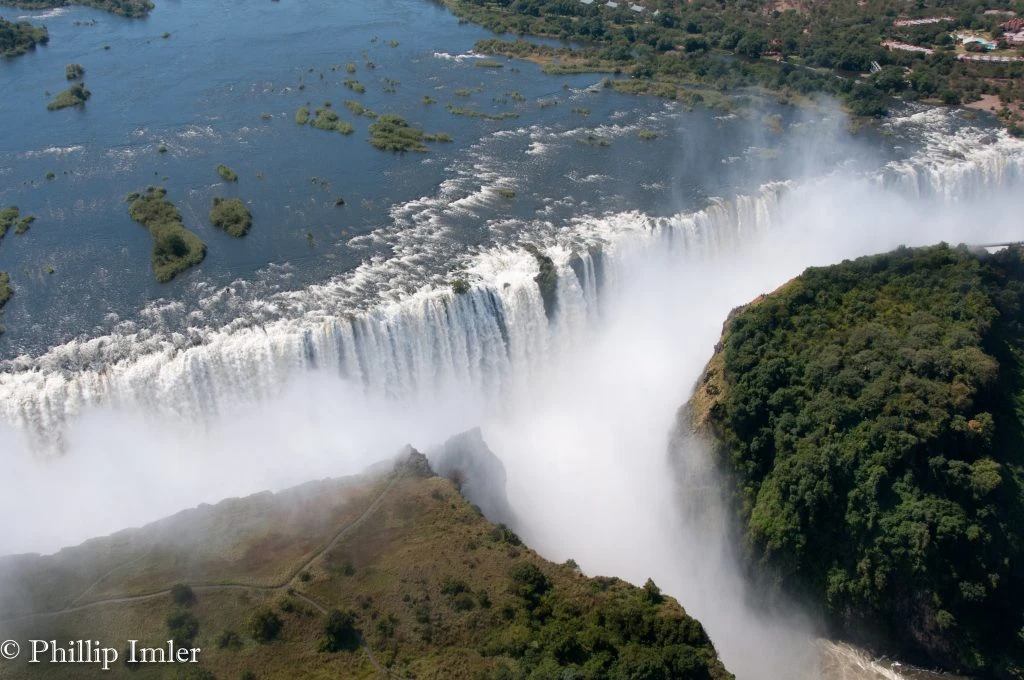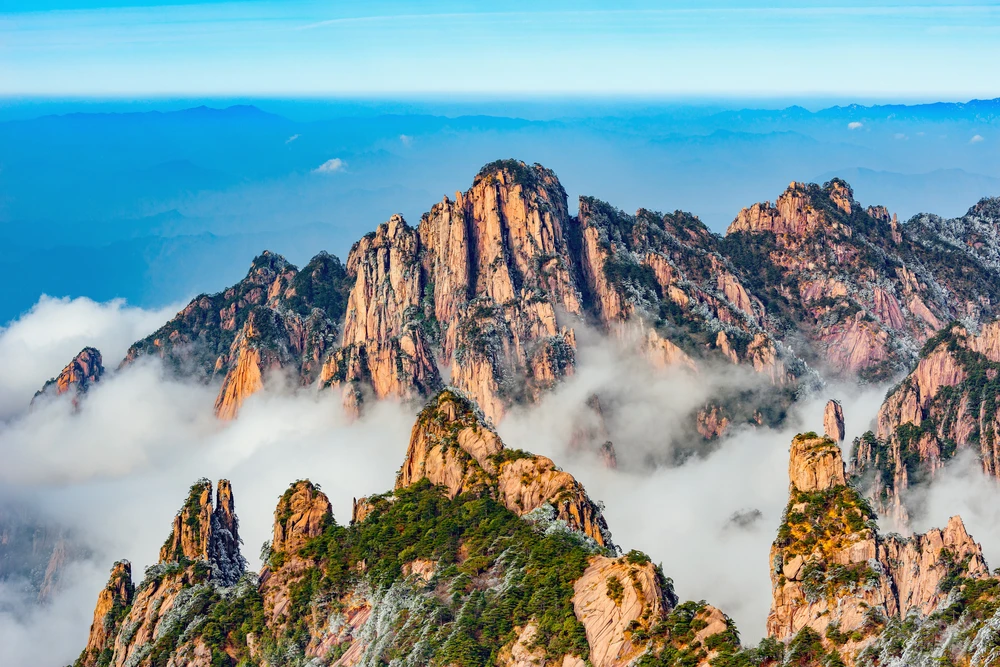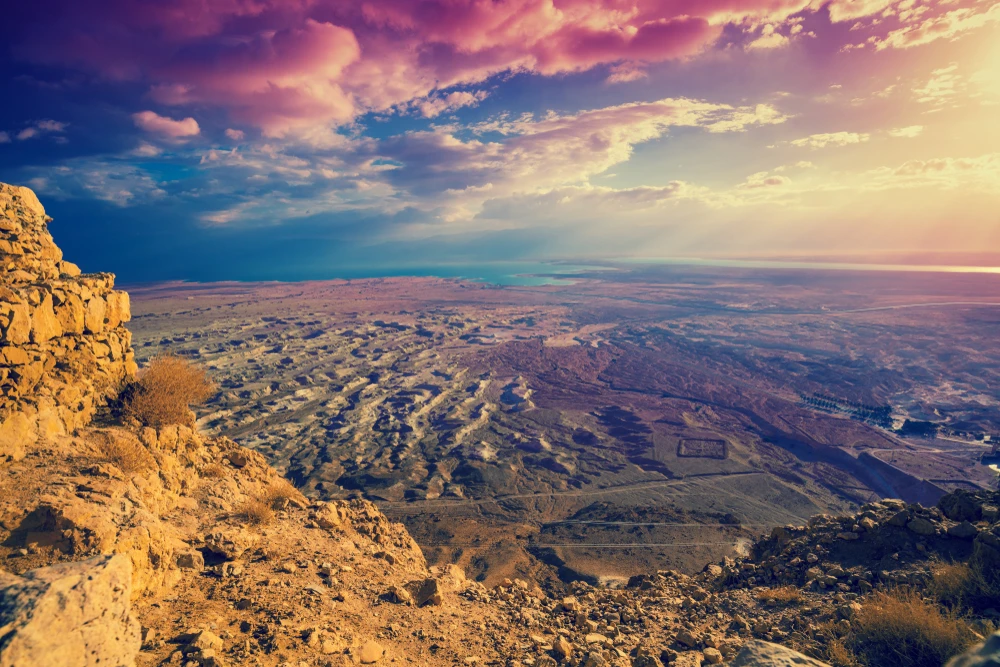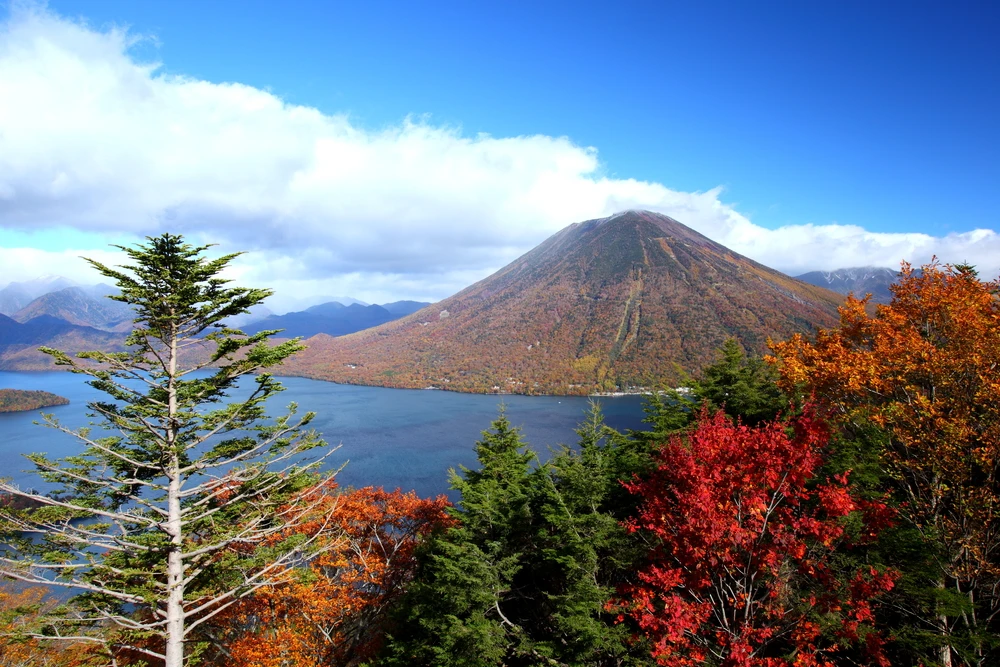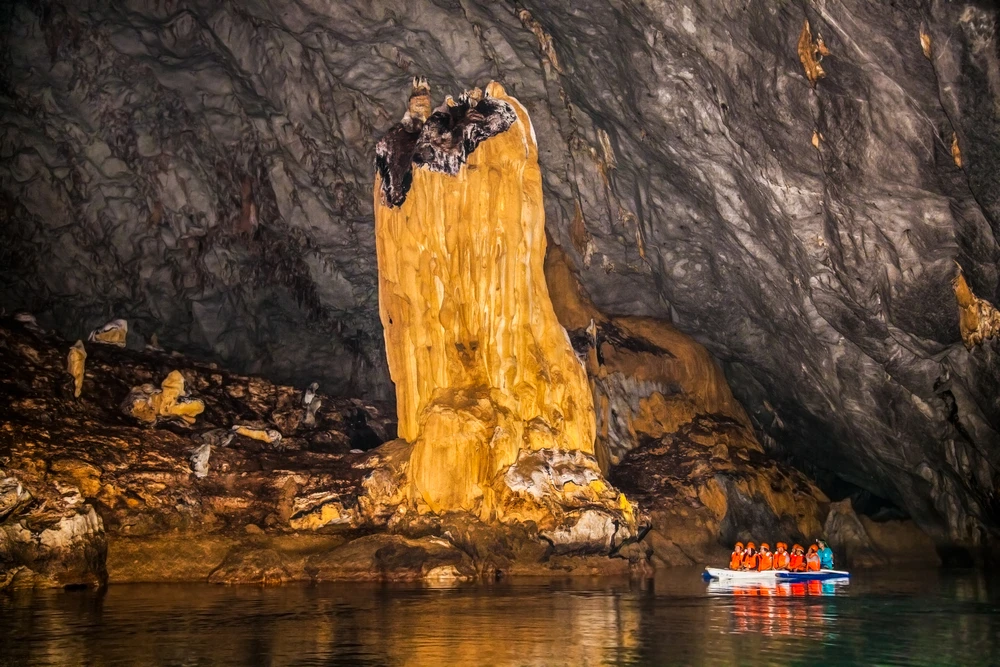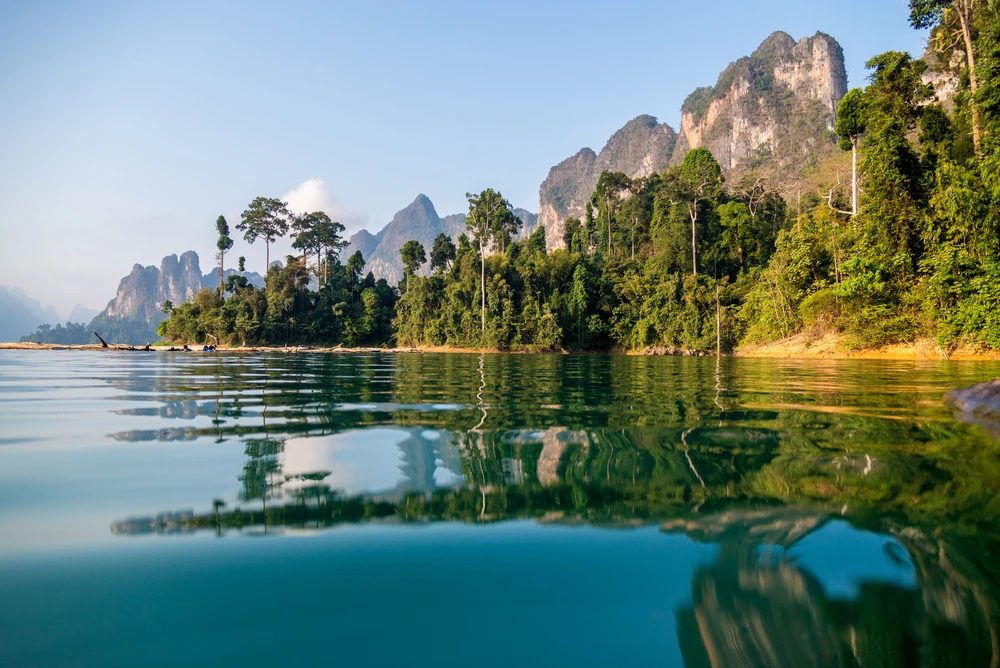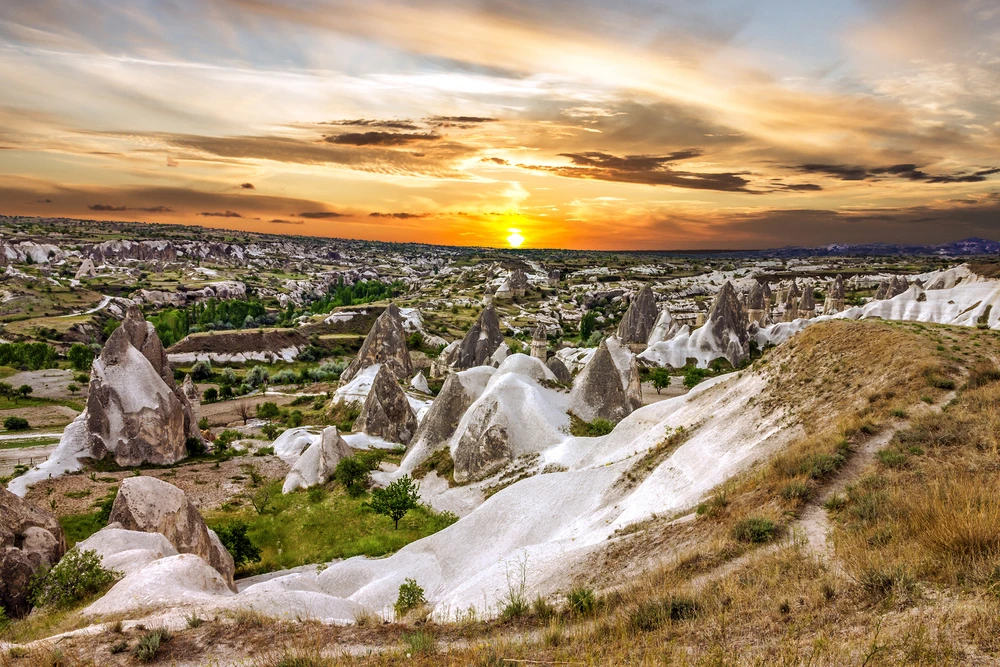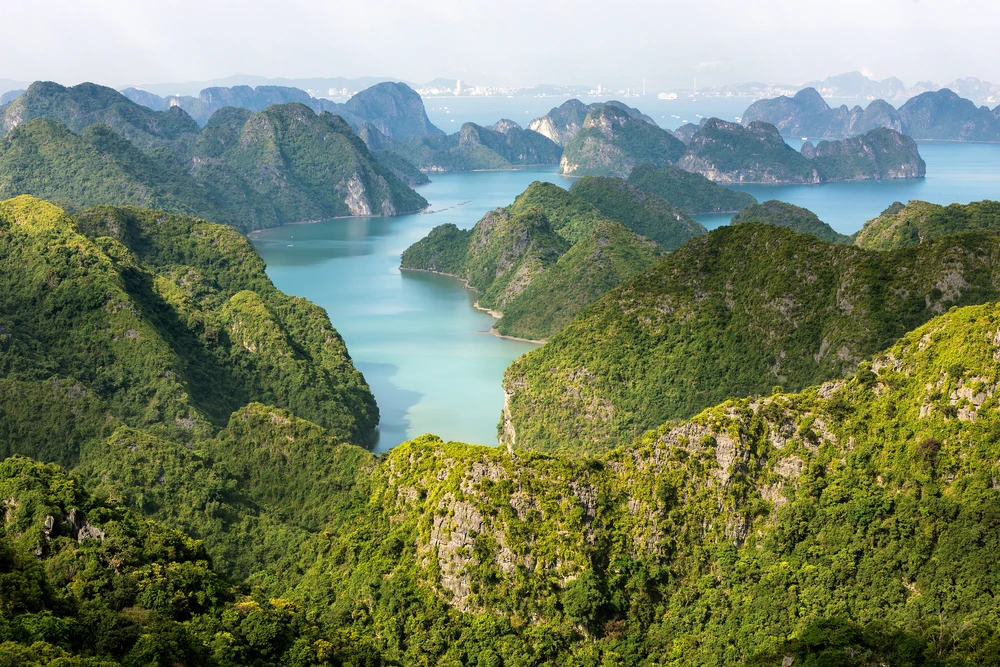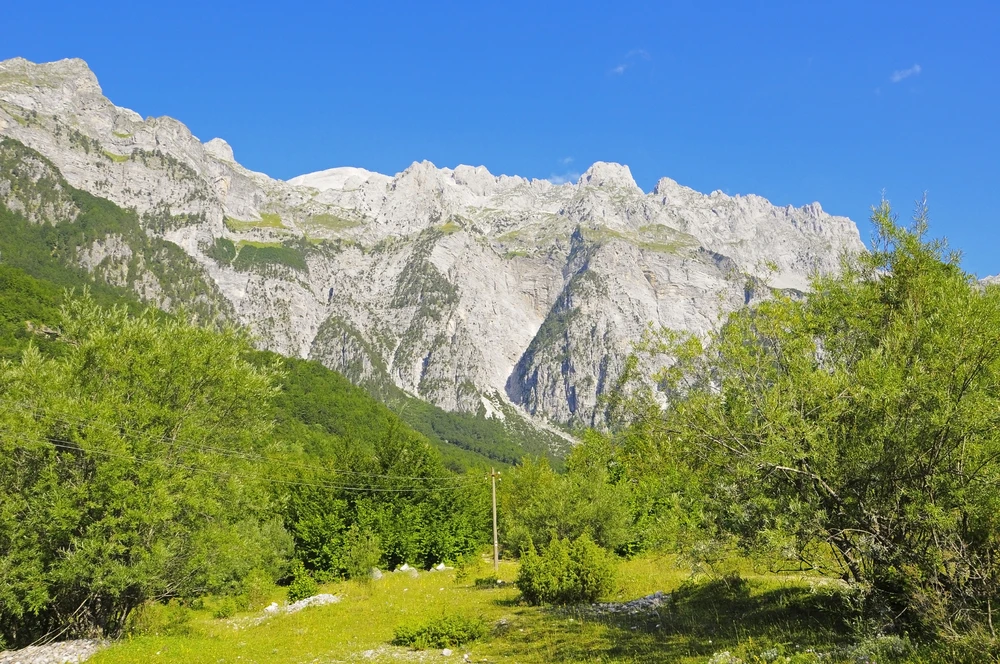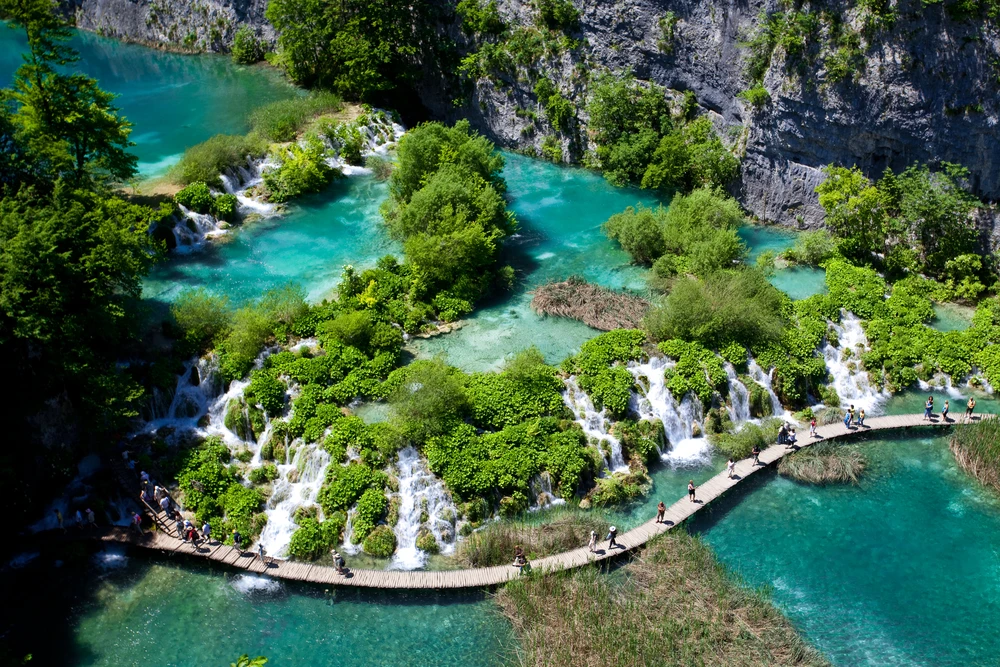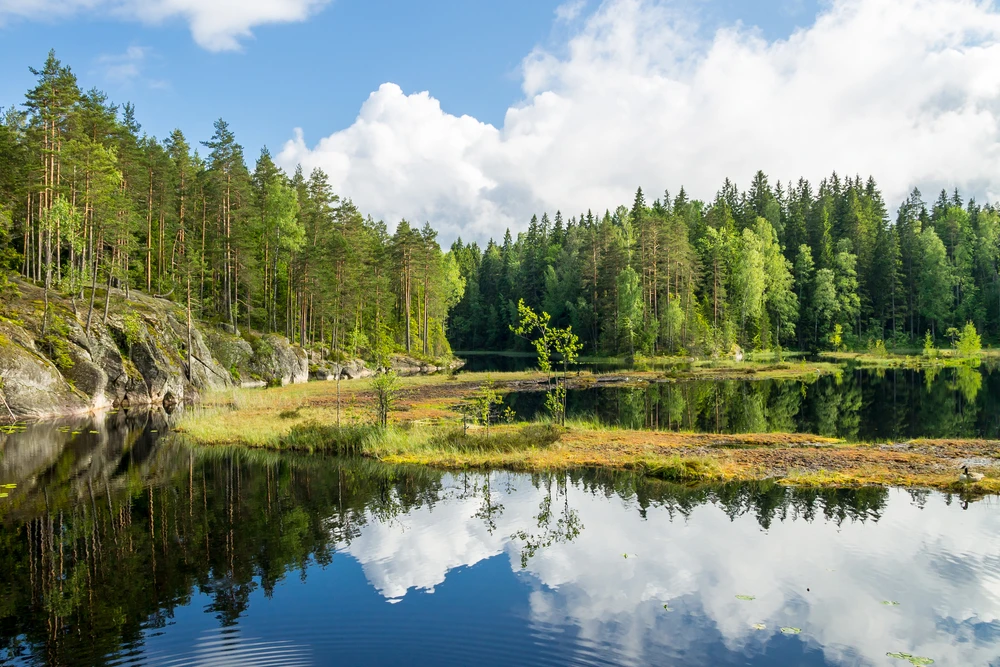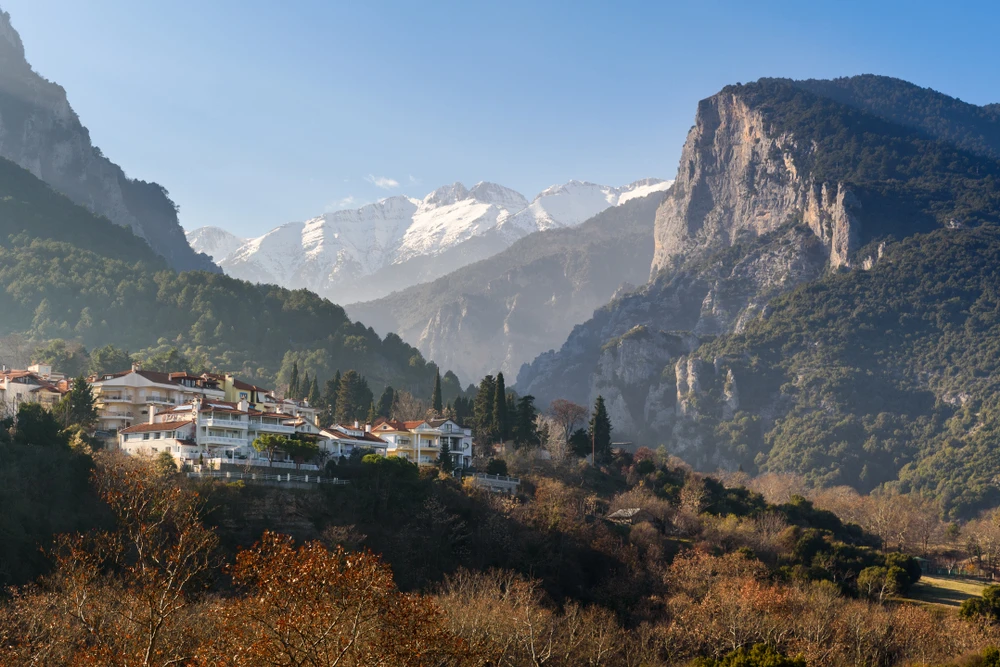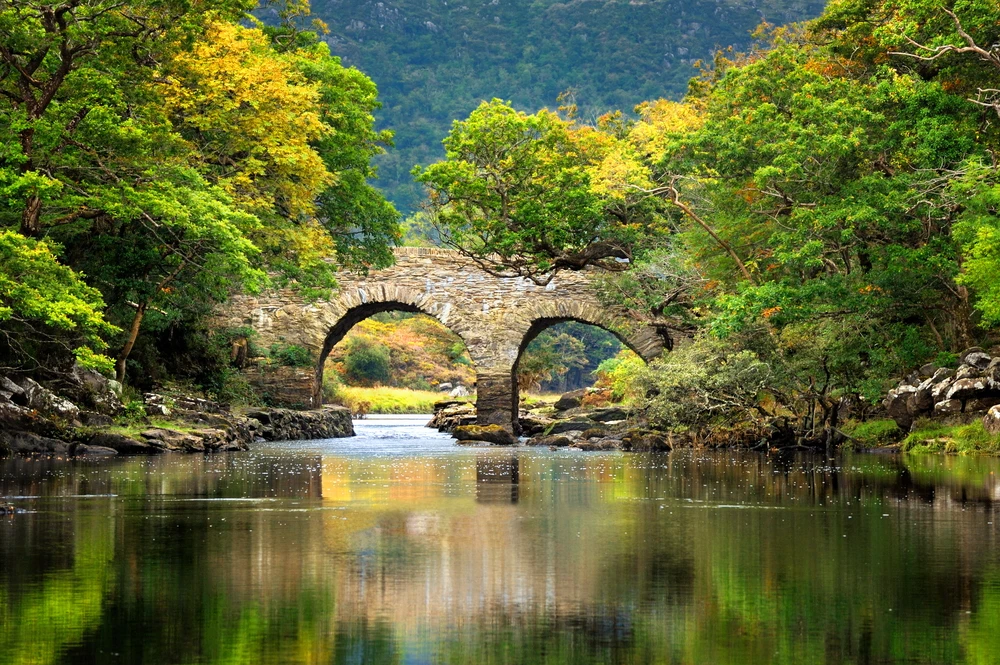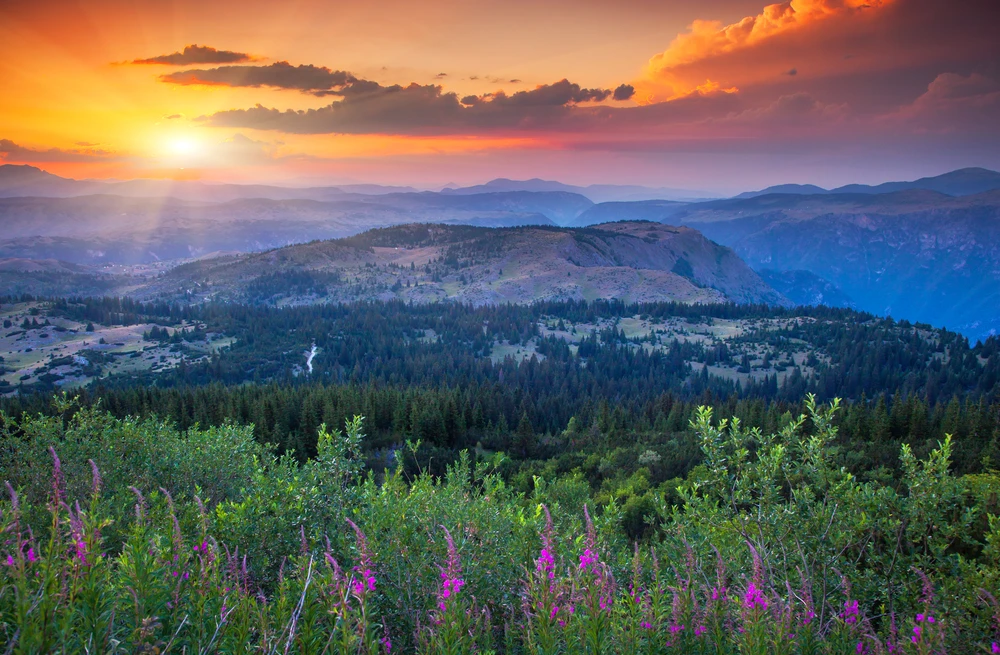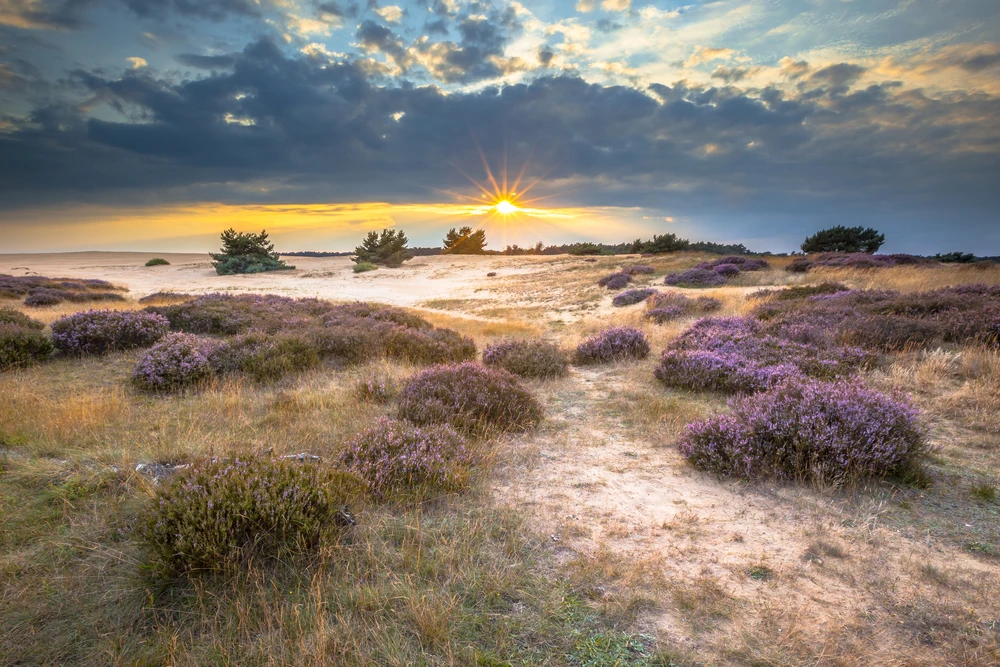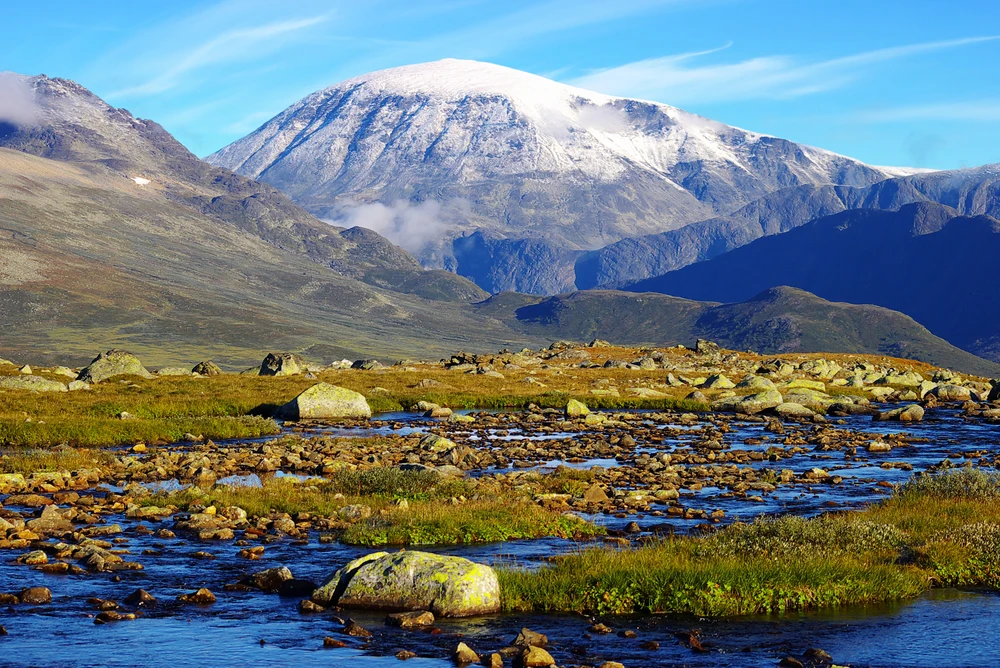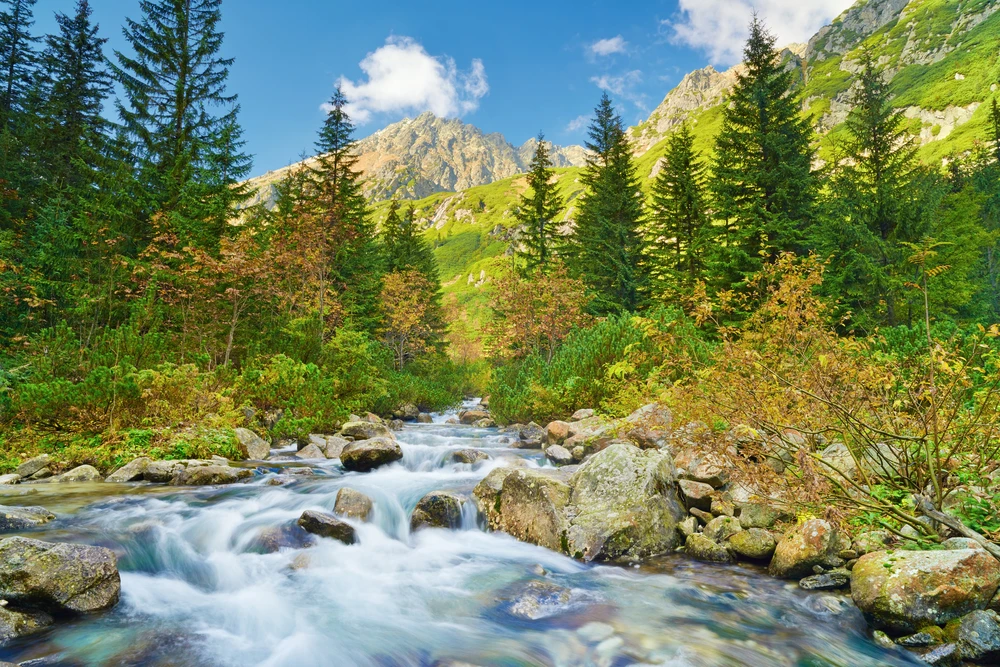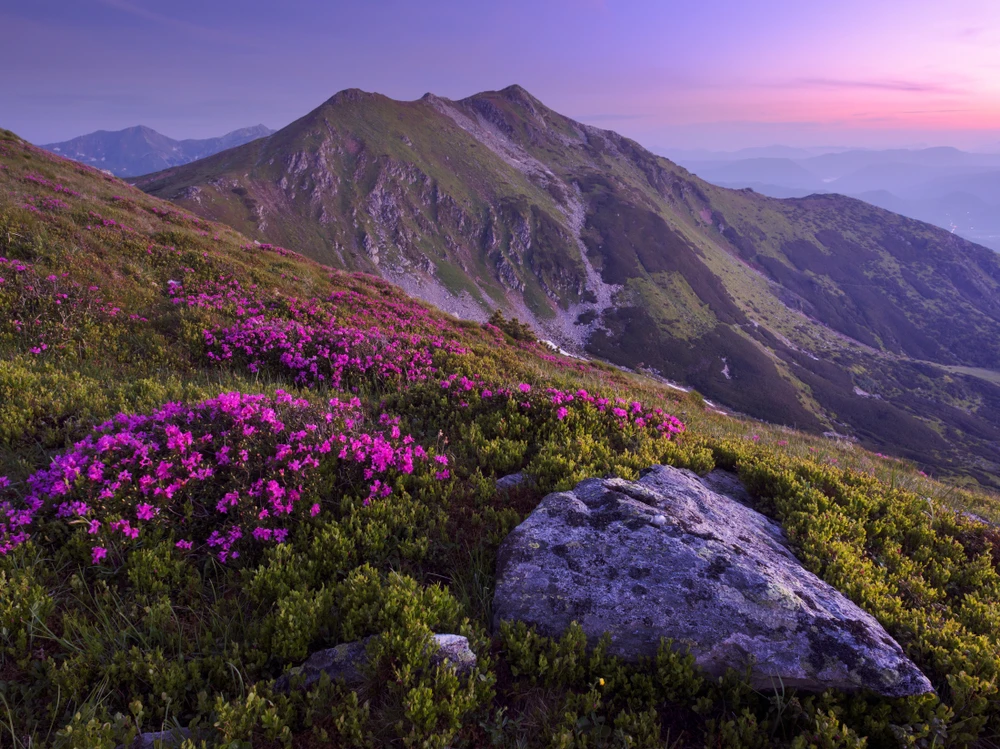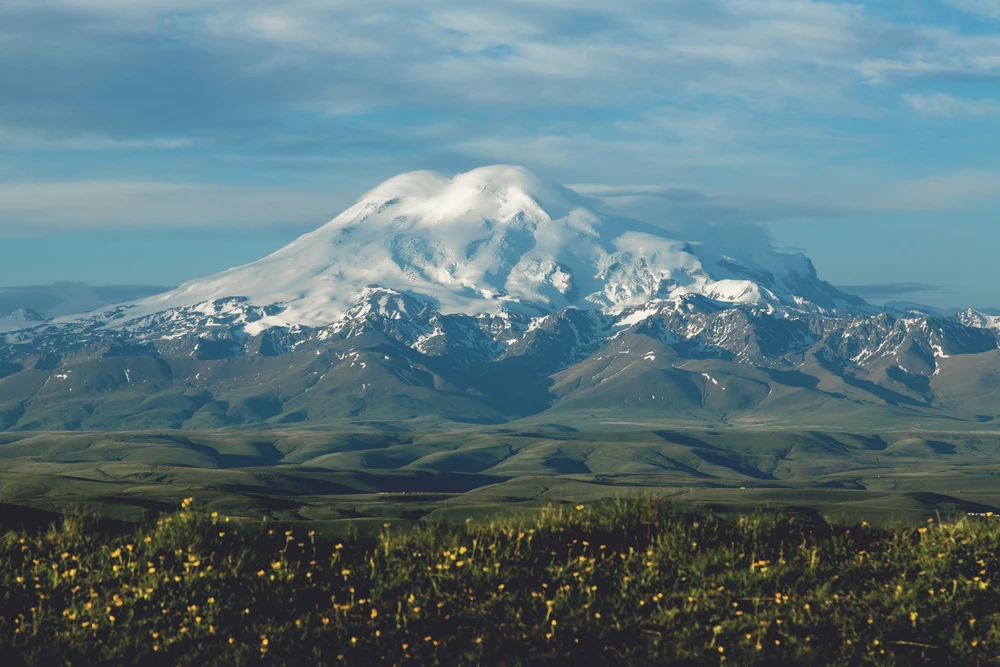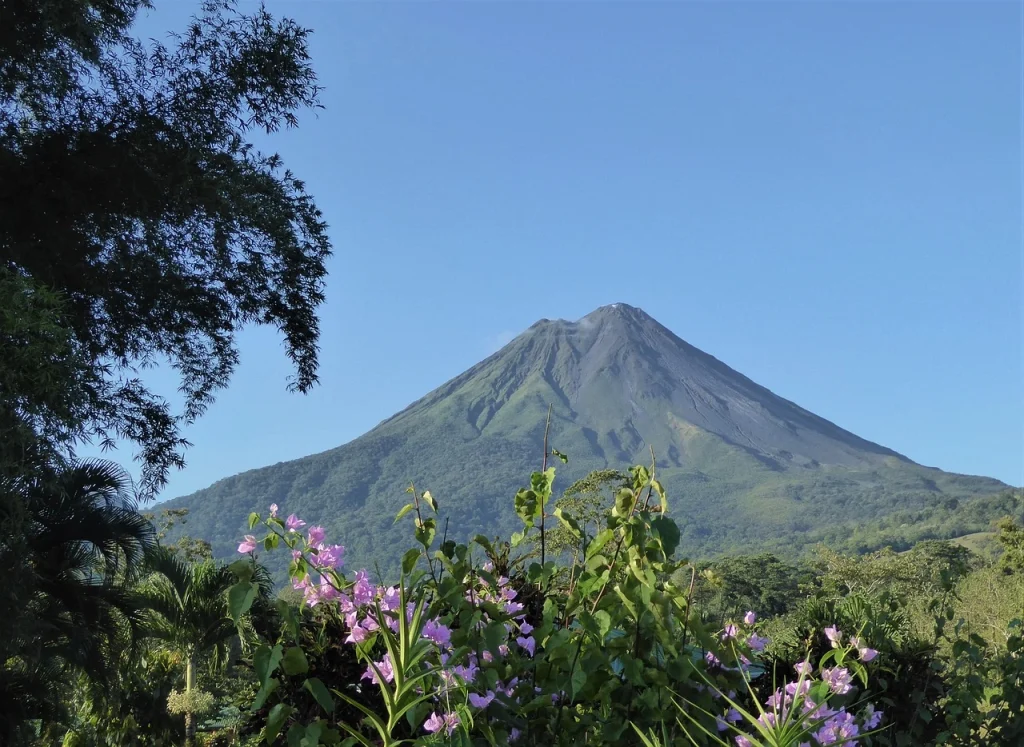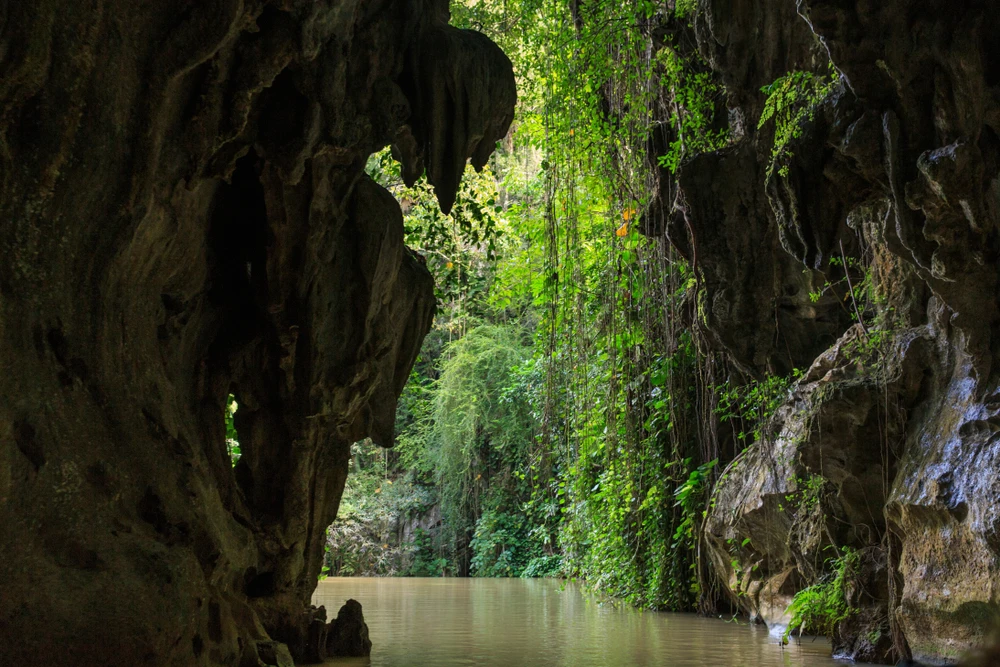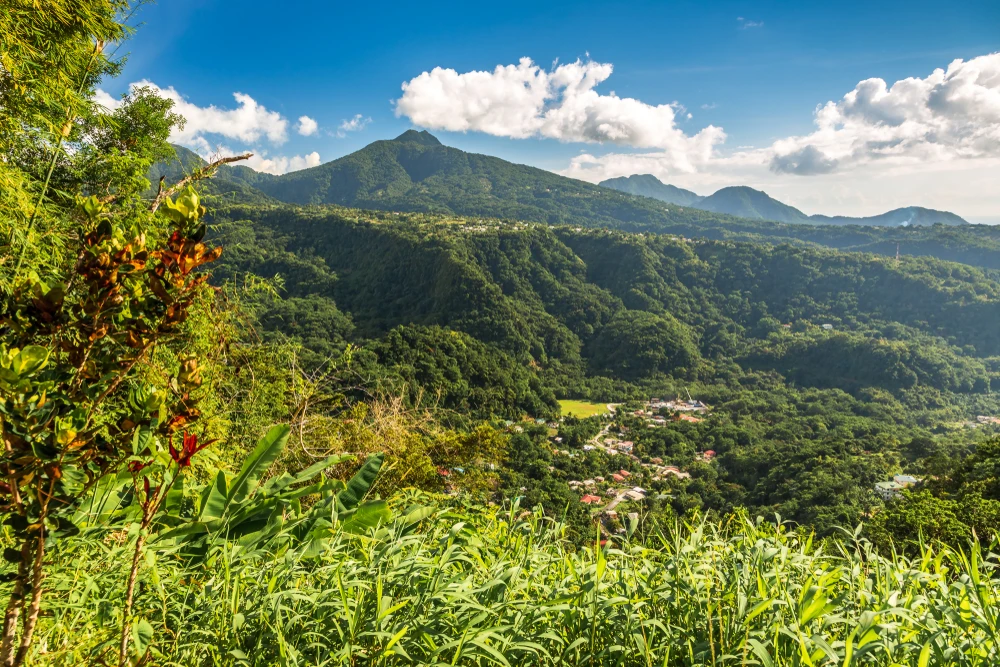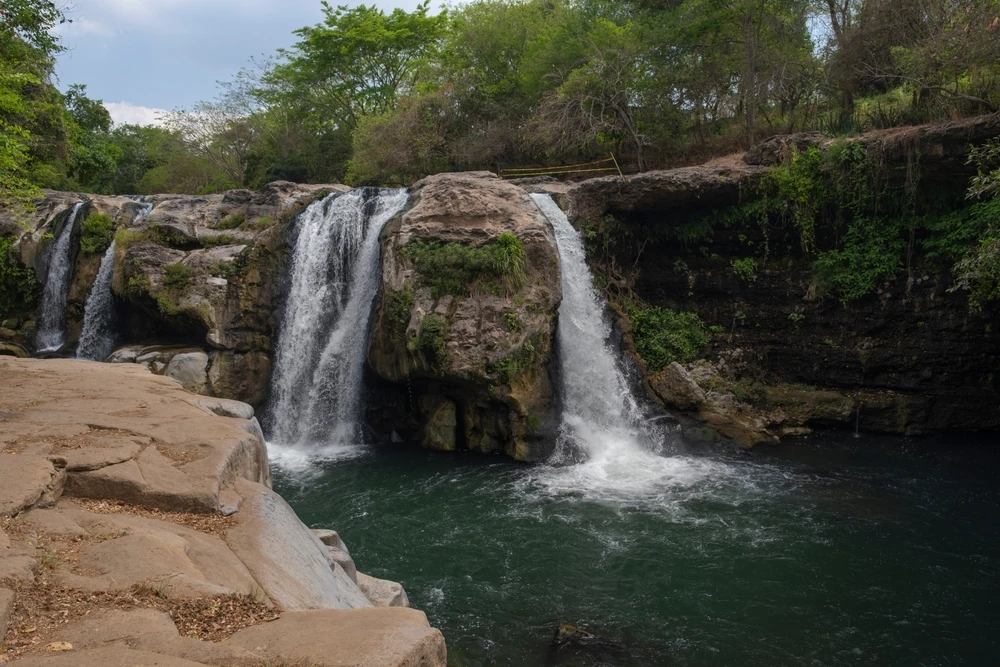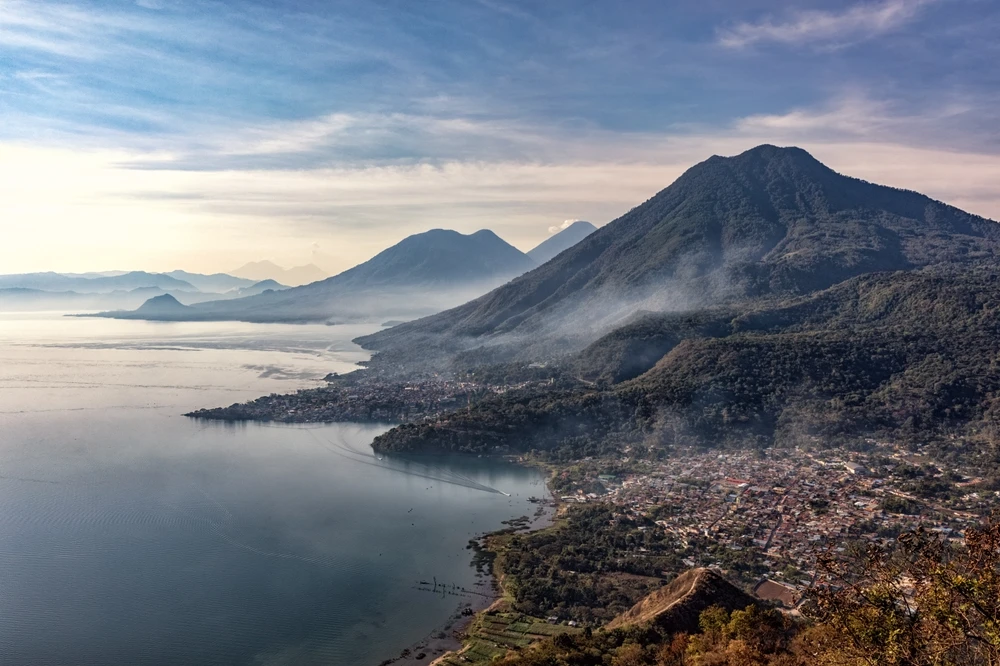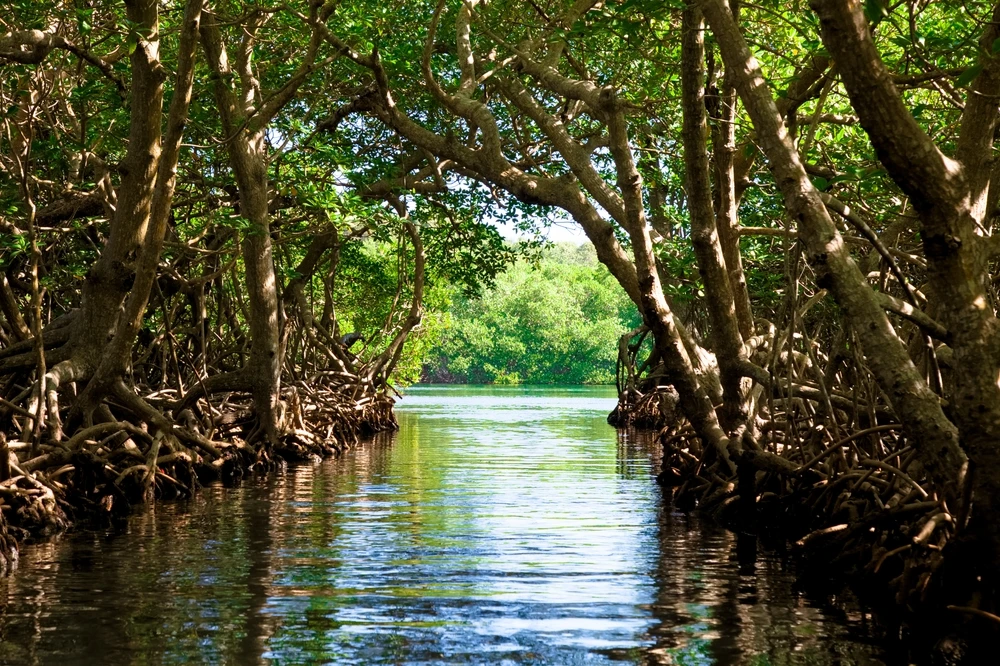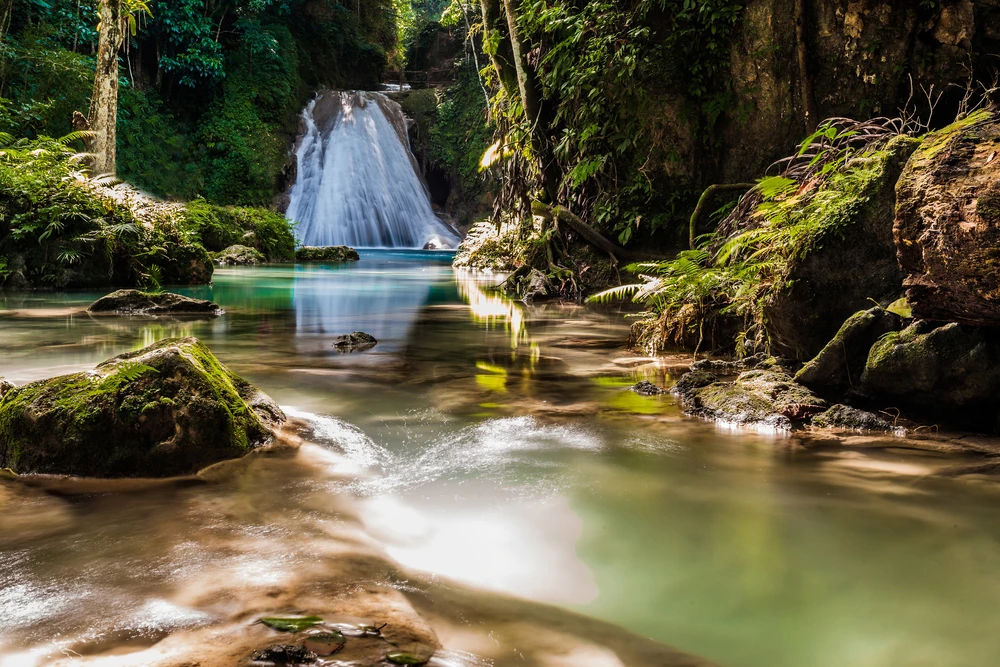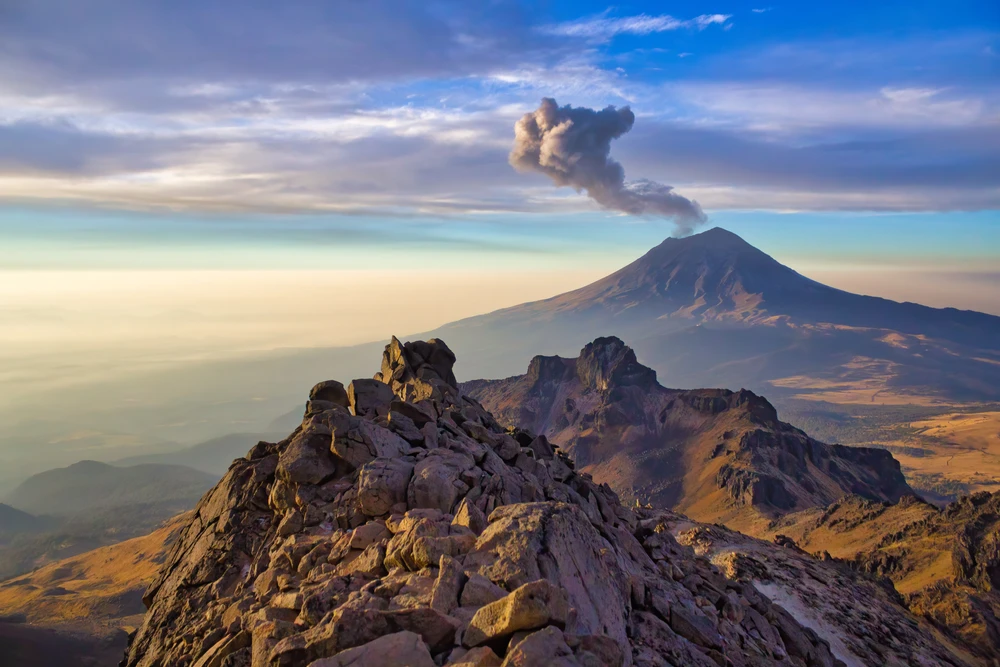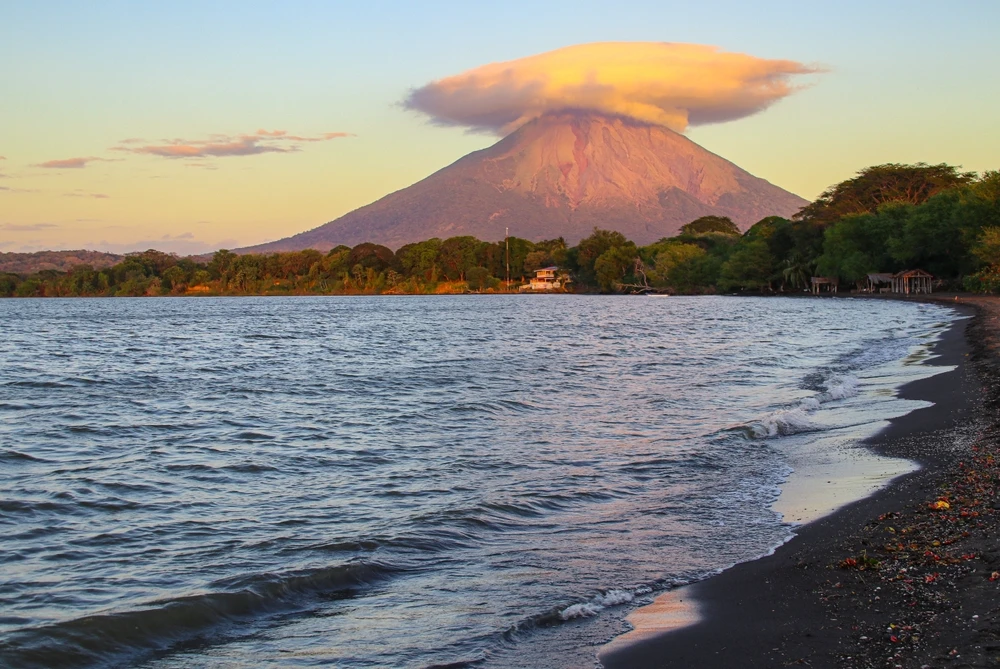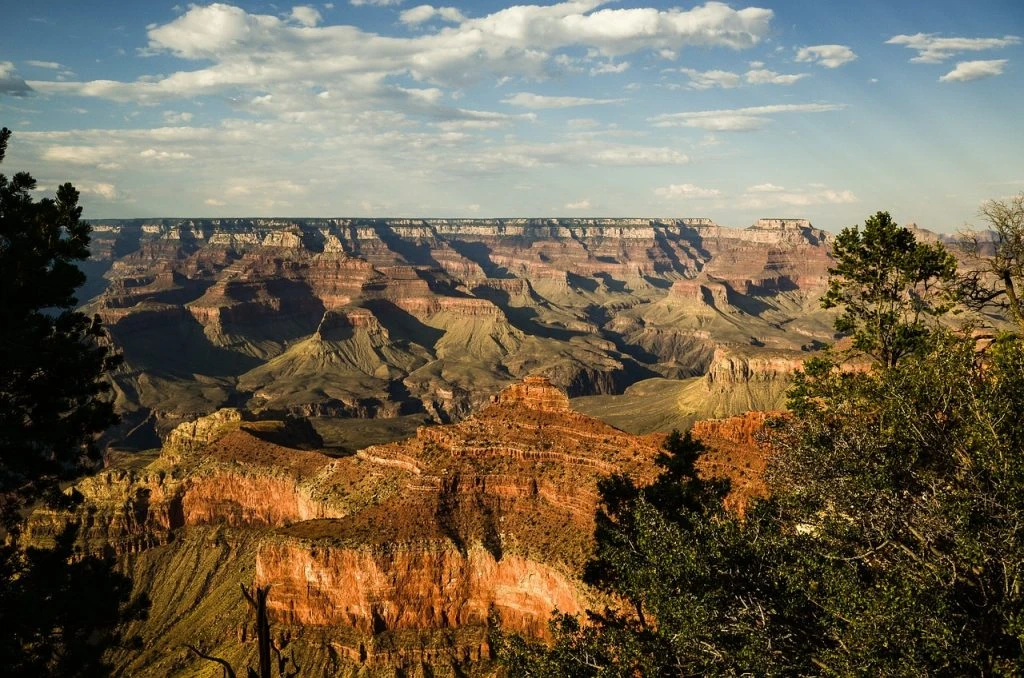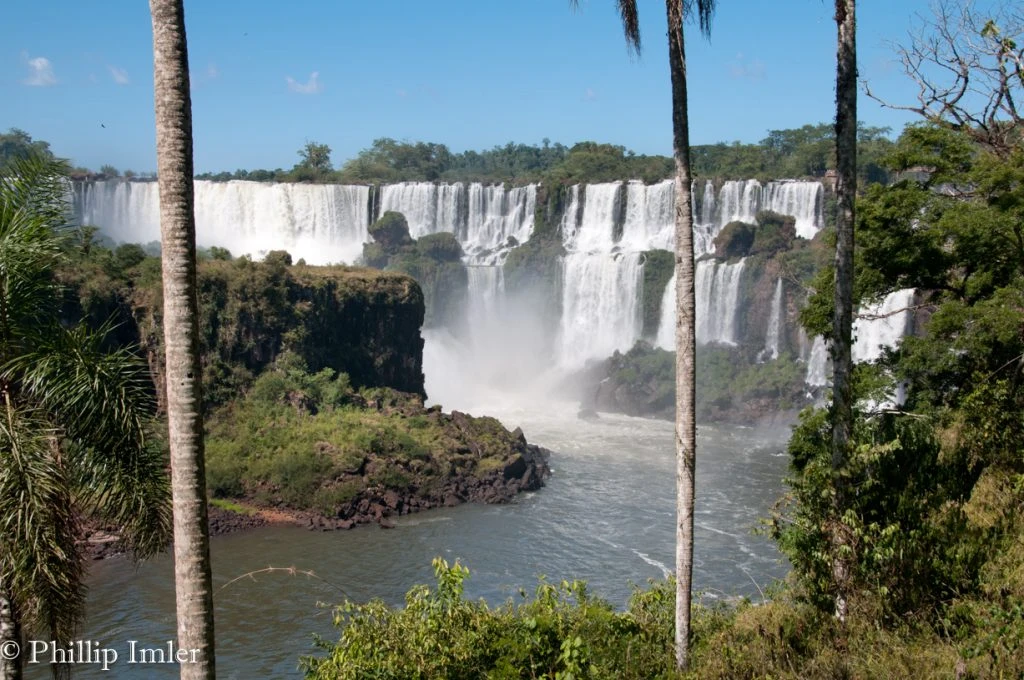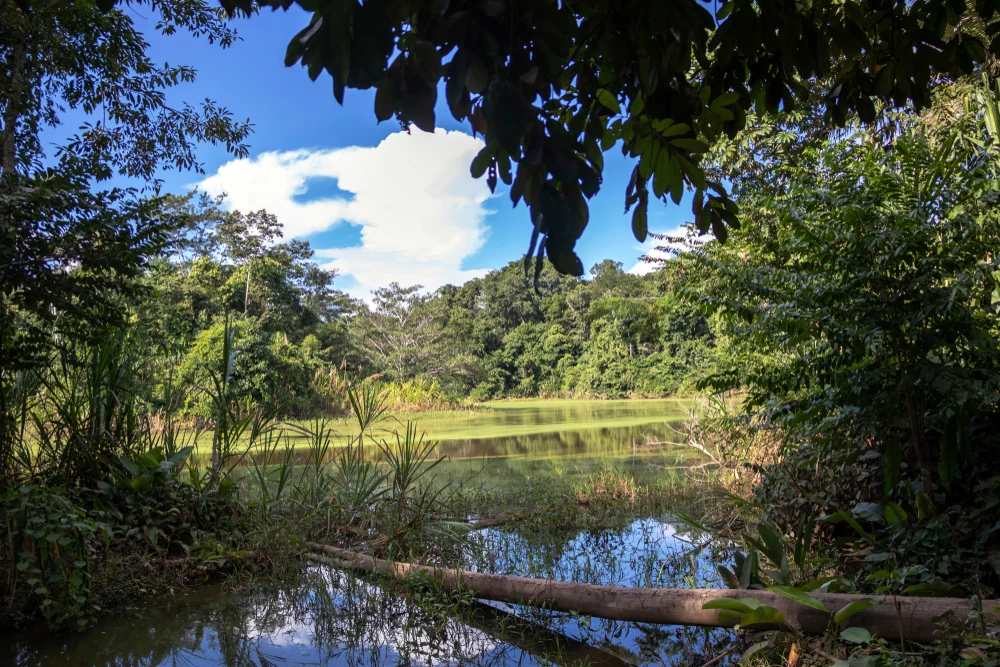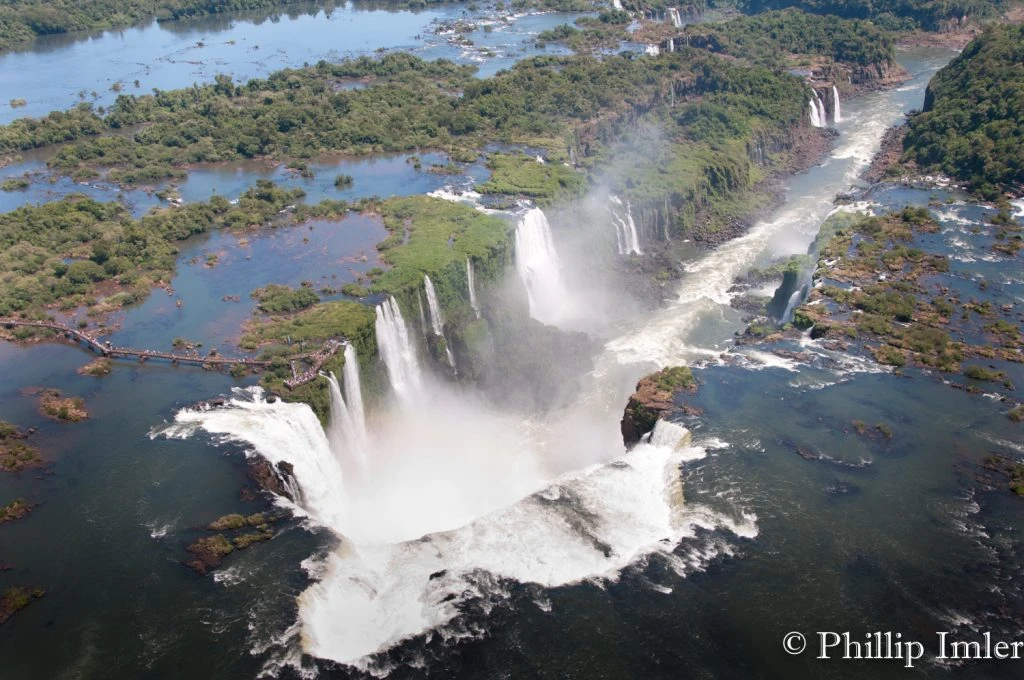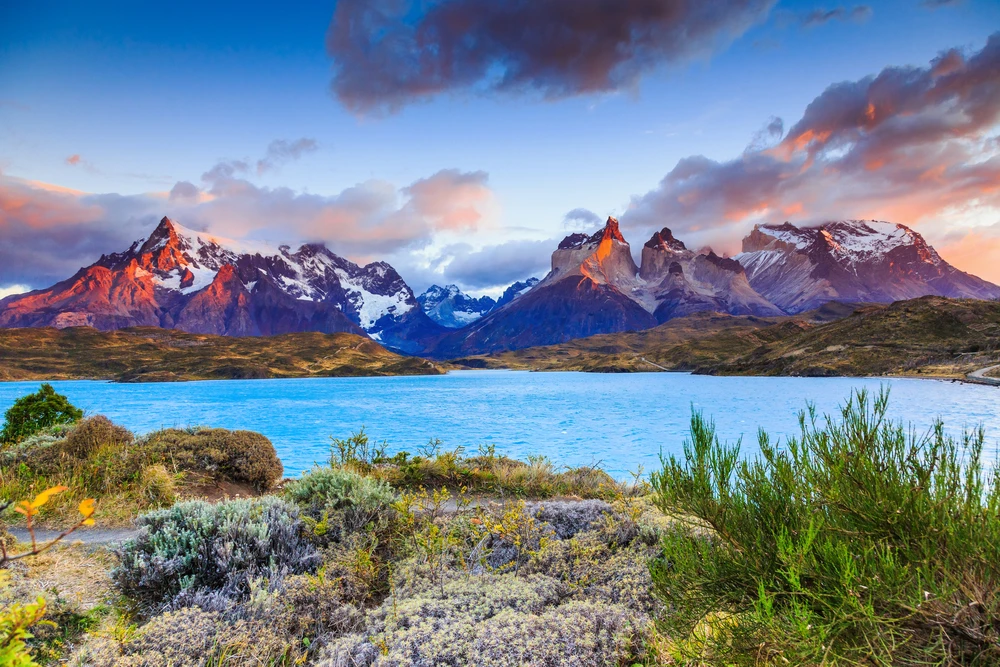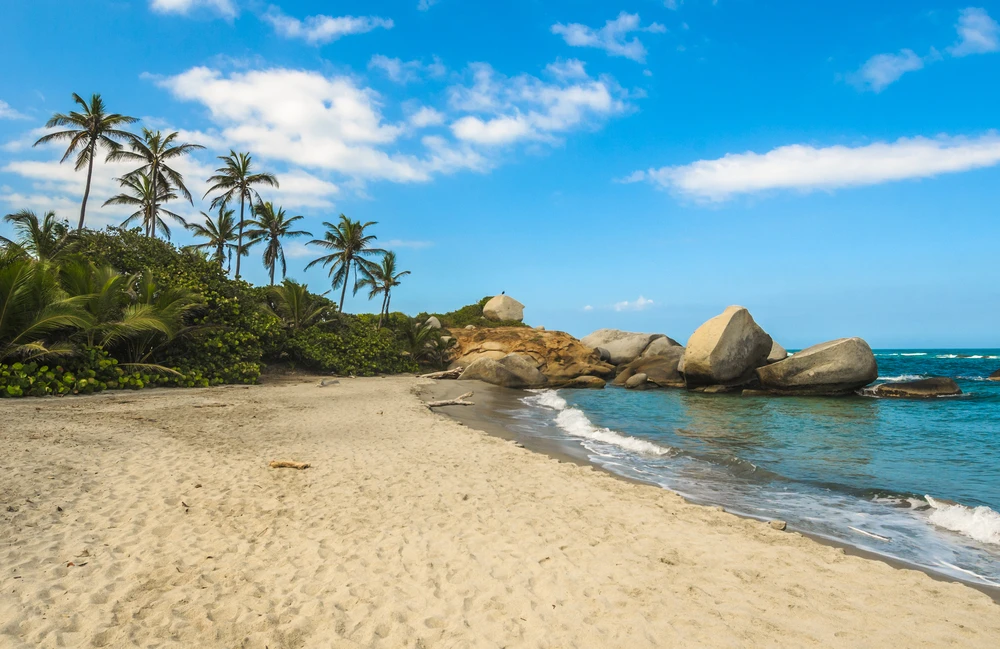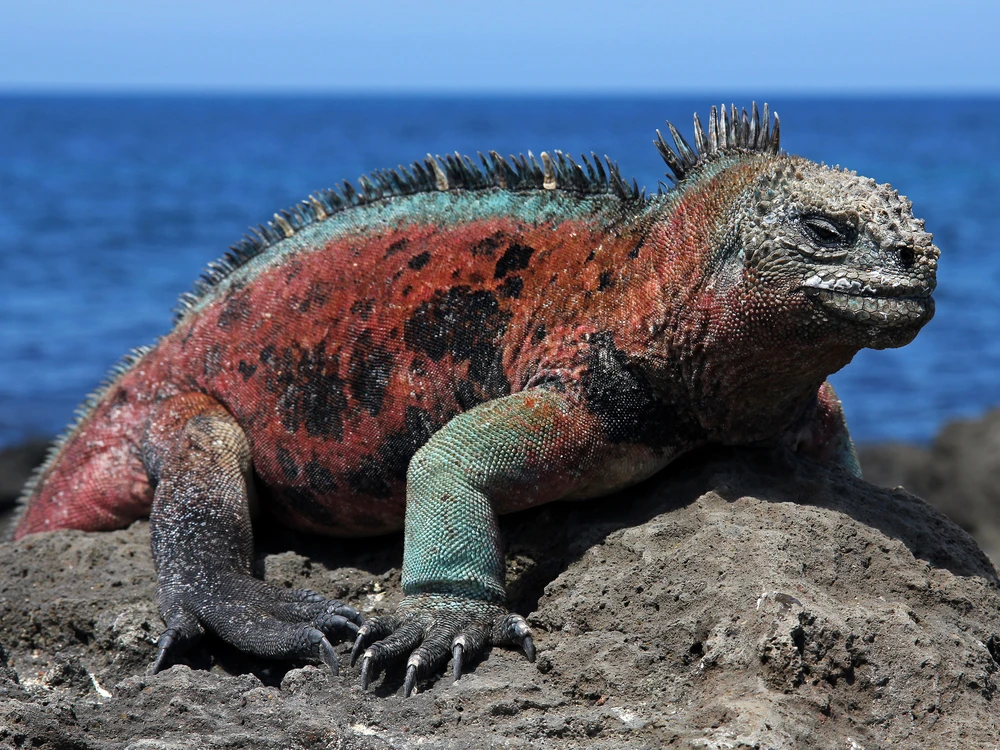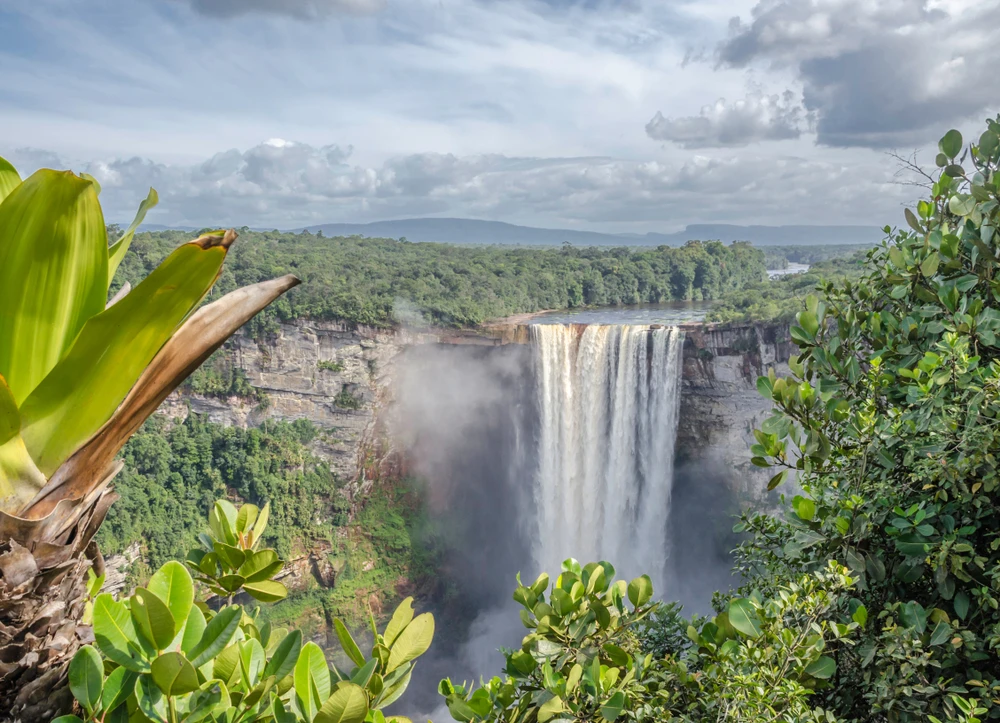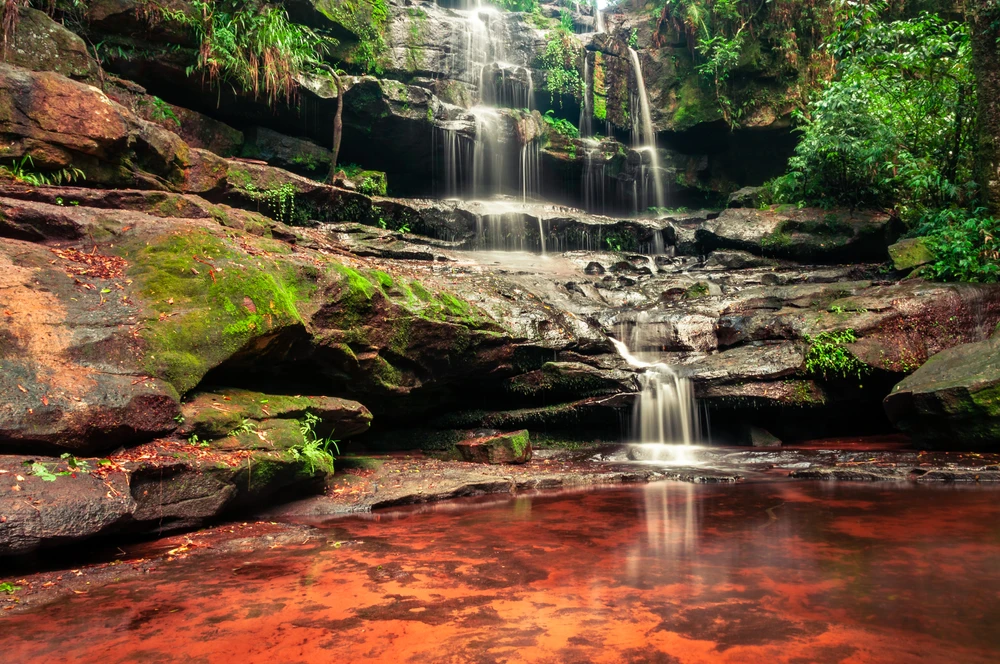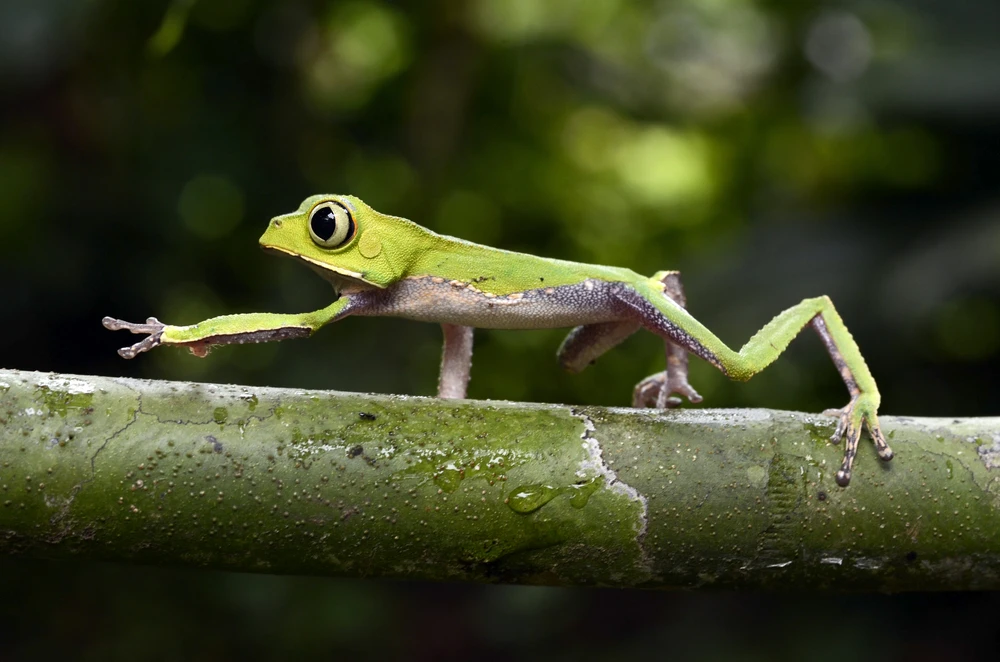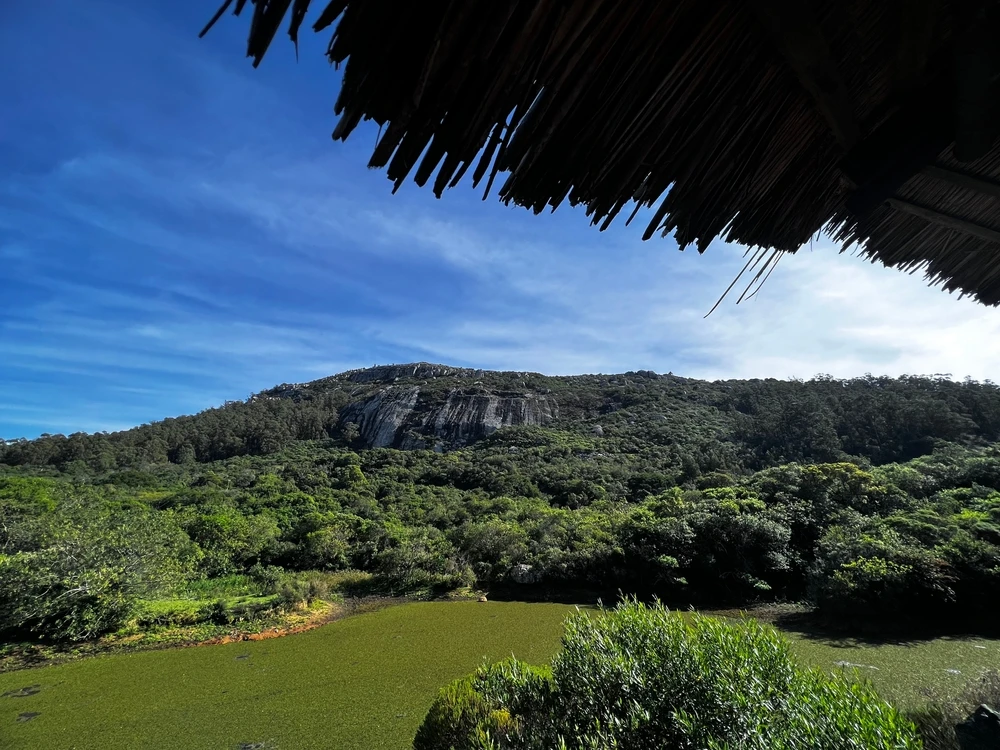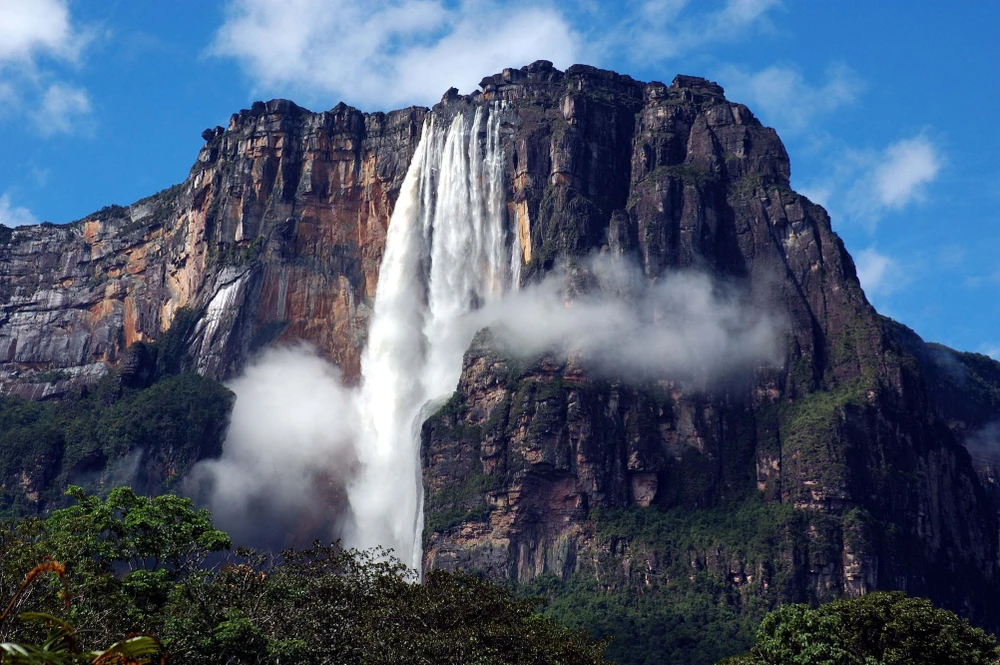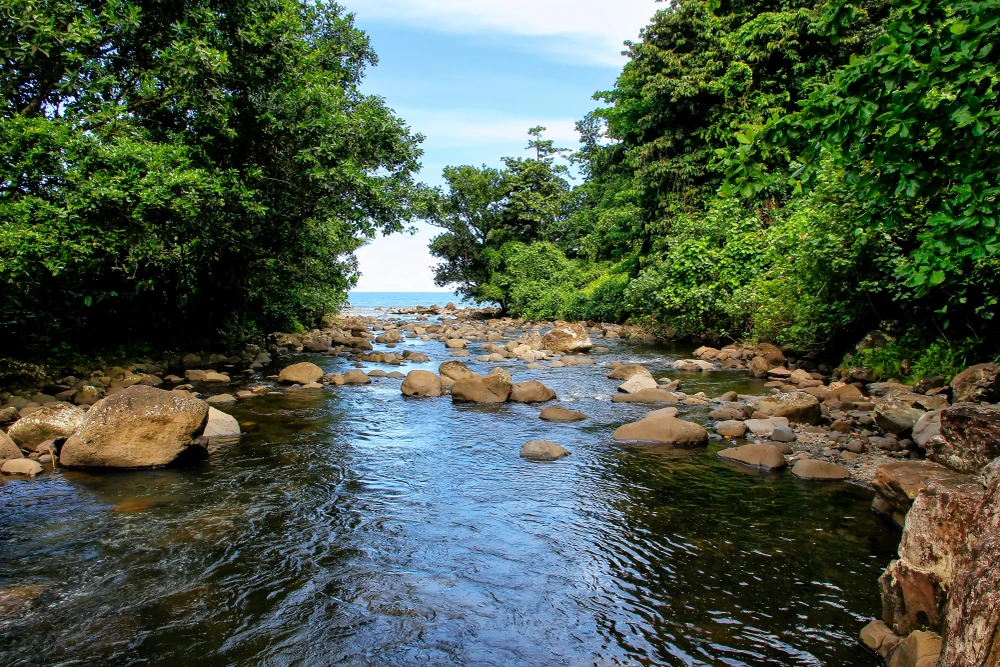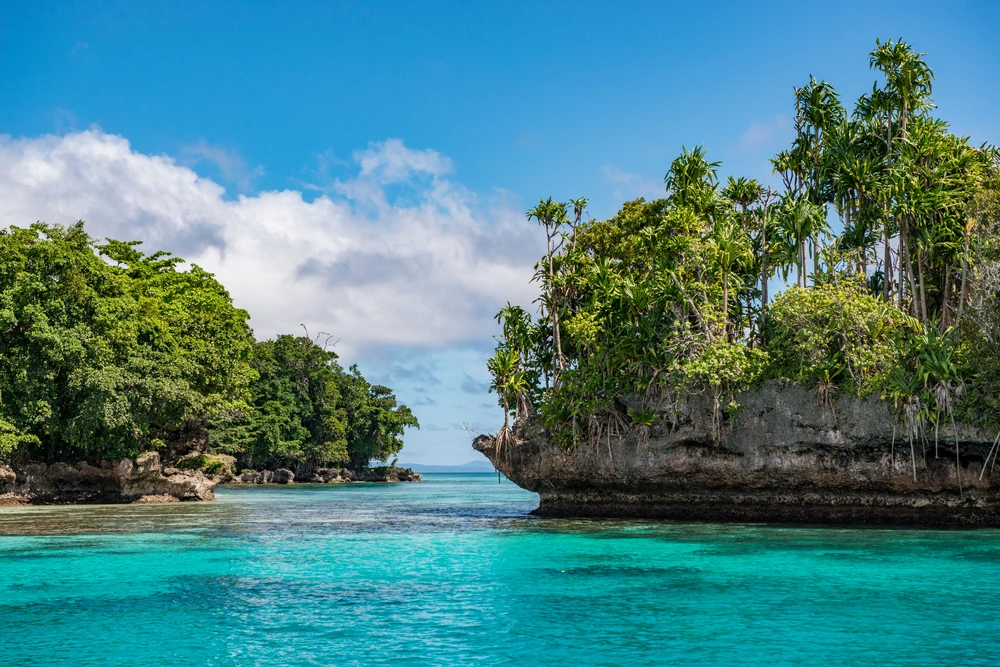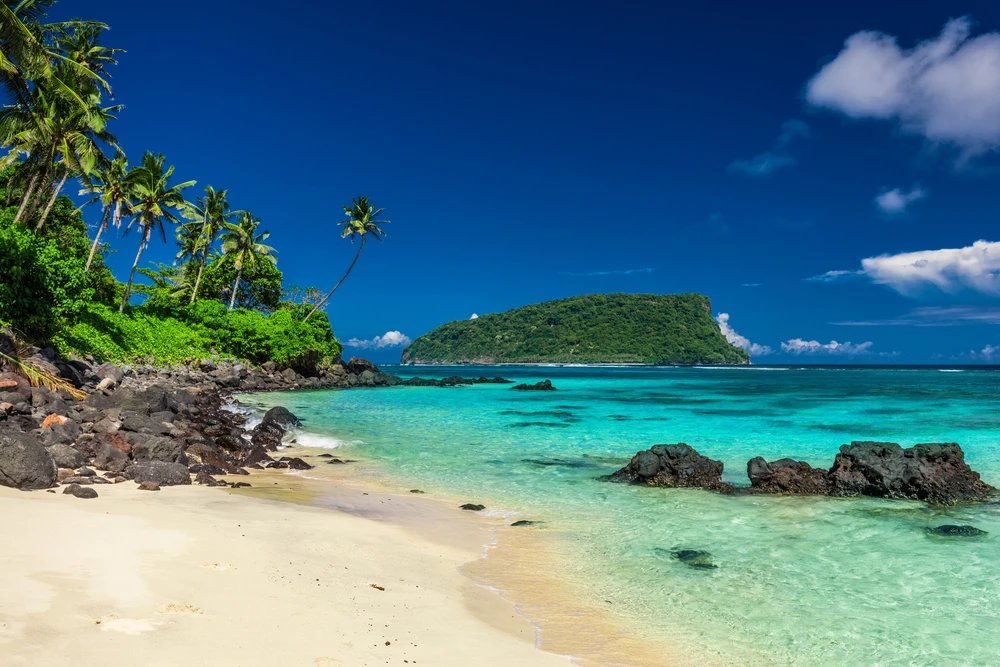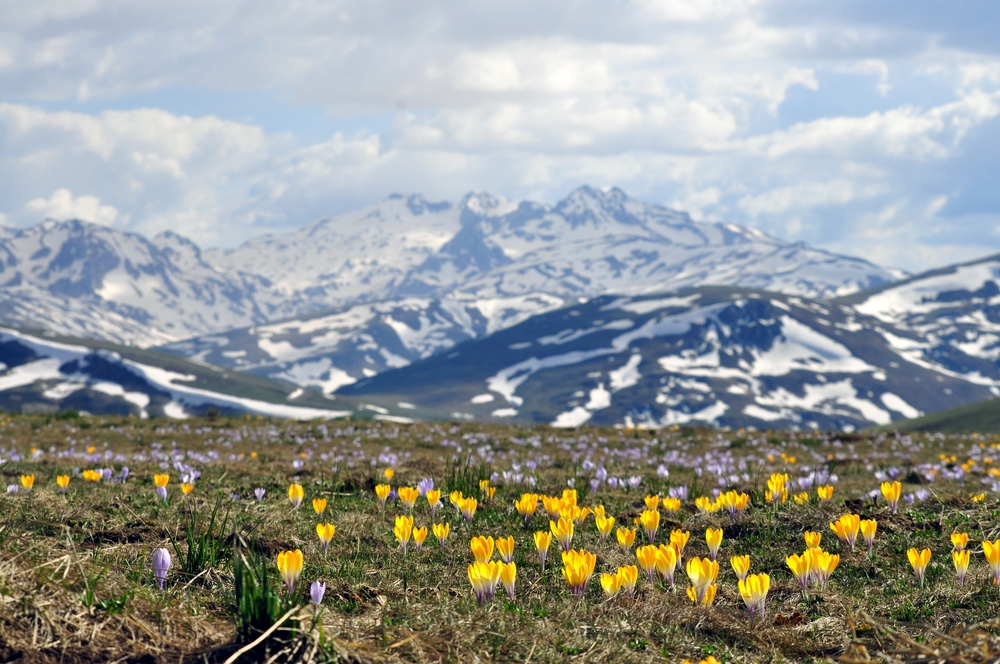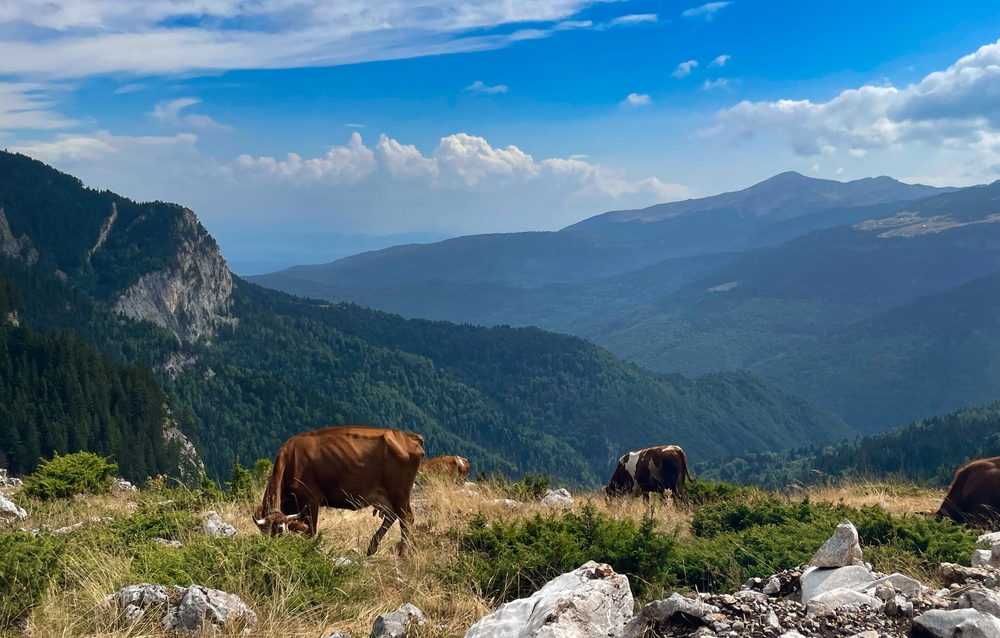Kosovo is home to two officially designated national parks, each showcasing the country’s remarkable natural beauty and ecological significance. Despite its small size, Kosovo boasts a diverse range of ecosystems, from rugged mountain ranges and deep river gorges to ancient forests and alpine meadows. These national parks play a vital role in preserving the country’s rich biodiversity while offering locals and visitors alike the chance to explore its breathtaking landscapes and cultural heritage.
One of Kosovo’s most renowned national parks is Sharr Mountains National Park, covering an extensive area along the border with North Macedonia. This park is celebrated for its dramatic peaks, which rise over 2,500 meters, as well as its lush valleys and glacial lakes. It is home to a wide range of flora and fauna, including several rare and endangered species. Notable wildlife includes the Balkan lynx, brown bear, and golden eagle. The park also protects a variety of endemic plant species, making it an ecological hotspot. Popular activities include hiking, skiing, and exploring traditional mountain villages that offer a glimpse into Kosovo’s rural culture.
Bjeshkët e Nemuna National Park, also known as the Accursed Mountains National Park, is another highlight of Kosovo’s natural landscape. Situated in the western part of the country, this park features rugged terrain characterized by sharp peaks, deep valleys, and fast-flowing rivers. Its dramatic scenery attracts adventurers and nature enthusiasts who enjoy activities such as mountaineering, rock climbing, and trekking. The park is also significant for its biodiversity, serving as a refuge for species such as the chamois, Balkan lynx, and various birds of prey. Culturally, the park is rich in history, with ancient trails and shepherd settlements that tell stories of the region’s past.
Despite the natural beauty and ecological importance of these parks, Kosovo faces significant conservation challenges. Illegal logging, habitat fragmentation, and the impact of unregulated tourism pose threats to the delicate ecosystems within the national parks. However, there have been growing efforts to address these issues through reforestation projects, increased environmental awareness, and the development of sustainable tourism practices.
The national parks also play a crucial role in fostering eco-tourism, helping to bolster local economies while encouraging the preservation of Kosovo’s natural heritage. Partnerships between local communities, conservation organizations, and the government aim to ensure that these protected areas remain pristine for future generations to enjoy.



